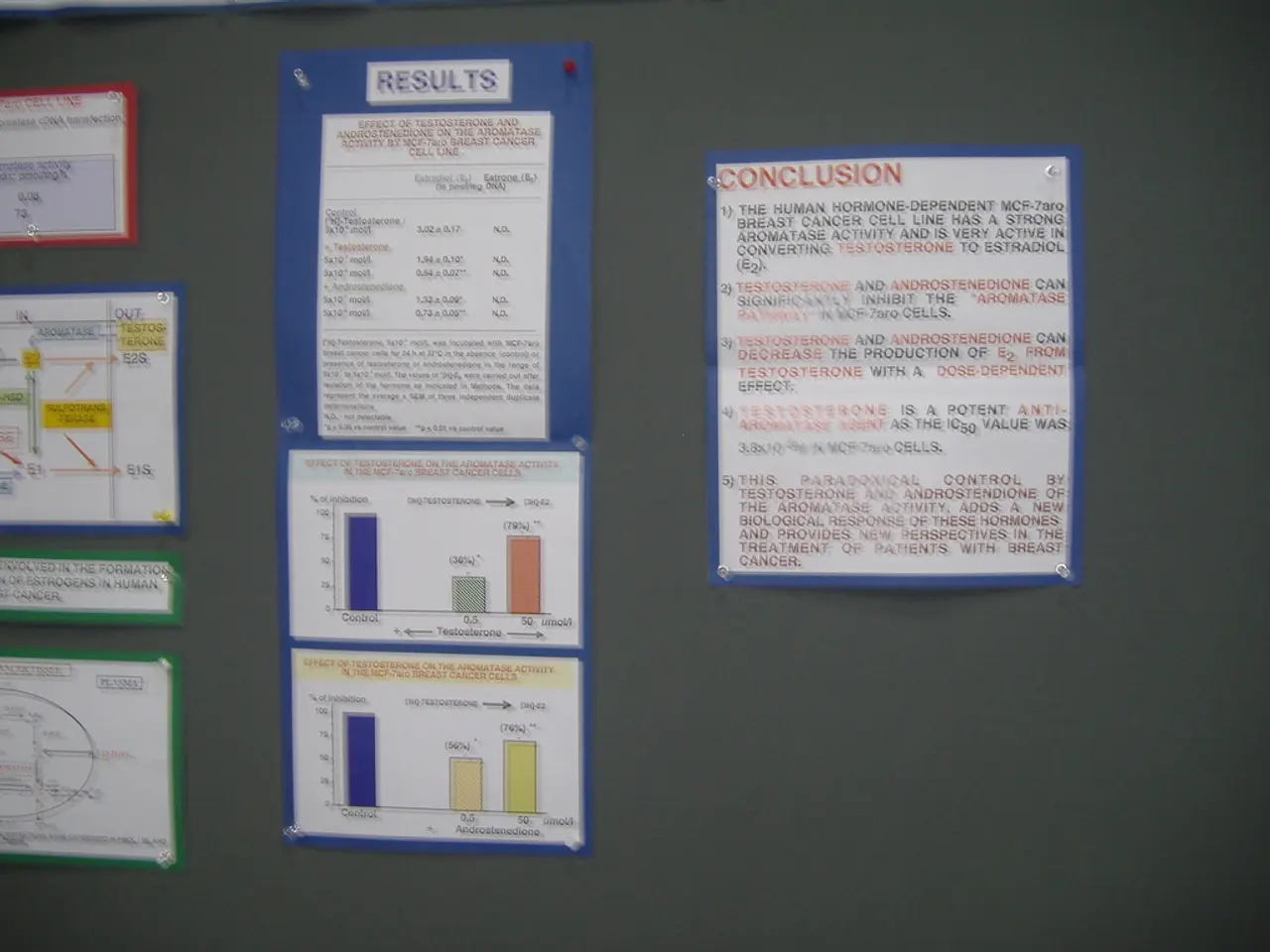Metalworking facility of significant magnitude in Russia has transitioned to a weeklong work schedule.
In a bid to navigate the turbulent waters of the global steel market, Russia's largest ferroalloy producer, the Chelyabinsk Electrometallurgical Combine (ChEMK), has announced a shift to a four-day workweek, effective from September 1, 2021. This move comes amidst a series of challenges facing the metallurgical industry, including decreasing domestic demand, tightening international sanctions, and a loss of external markets.
ChEMK, which accounts for 80% of the country's ferroalloy production, has been under the management of Rosimushchestvo since its nationalization in late 2024. The decision to adopt a four-day workweek is attributed to "significant currency rate volatility," "unfavorable market conditions" for ferroalloys, and a substantial decrease in demand from consumer companies.
The new work scheme will affect 1,200 employees of the enterprise. While the exact impact on employee work-life balance, operational efficiency, and financial outcomes remains to be seen, industrial plants often implement such changes to improve productivity, reduce costs, or respond to shifts in demand or labor market dynamics.
In 2024, domestic demand for steel in Russia fell by 6%, and estimates suggest it could drop by another 10% this year. Exports of steel from Russia decreased from 32 million tons in 2021 to 20 million tons last year. According to the CEO of "Severstal", Alexander Shevelev, demand within Russia may decrease from 43-45 million tons to 39 million tons by 2025.
The metallurgical industry, which provides jobs for over 600,000 Russians and accounts for 10% of the country's export earnings, has been severely affected by the ongoing challenges. The head of Russia's Ministry of Industry and Trade, Anton Siluanov, has announced that the authorities are preparing to reduce the tax burden for steel producers in an effort to alleviate some of the pressure.
In a further move to support the industry, the threshold price at which companies pay an excise tax on liquid steel may be increased from 2026. However, the exact amount of the increased threshold price is not yet specified.
Before its nationalization, ChEMK was owned by AO "Company 'Etalon'", belonging to Yuri and Lyudmila Antipov. The company was ruled to be transferred to state ownership in late February 2024 due to illegal privatization by the Antipov family and supplying products to "unfriendly countries," causing damage to national interests.
For more detailed and accurate insights on ChEMK's four-day workweek and its financial status, it is recommended to consult direct company releases, industry reports, or specialized news sources focused on the metallurgical sector.
The four-day workweek implemented by ChEMK, a significant player in Russia's ferroalloy production industry, is attributed to unfavorable market conditions in the finance sector, particularly in the ferroalloy business. This shift, affecting 1,200 employees, may be a strategic response to the decreasing domestic demand and external market challenges facing the metallurgical industry in Russia.






